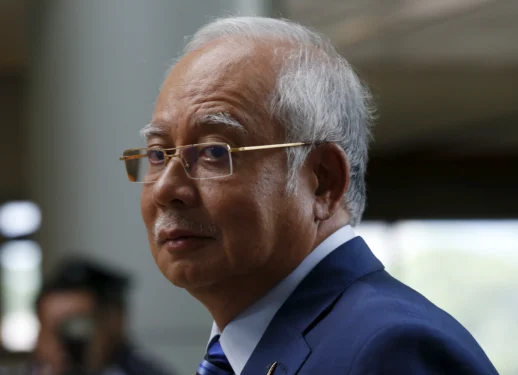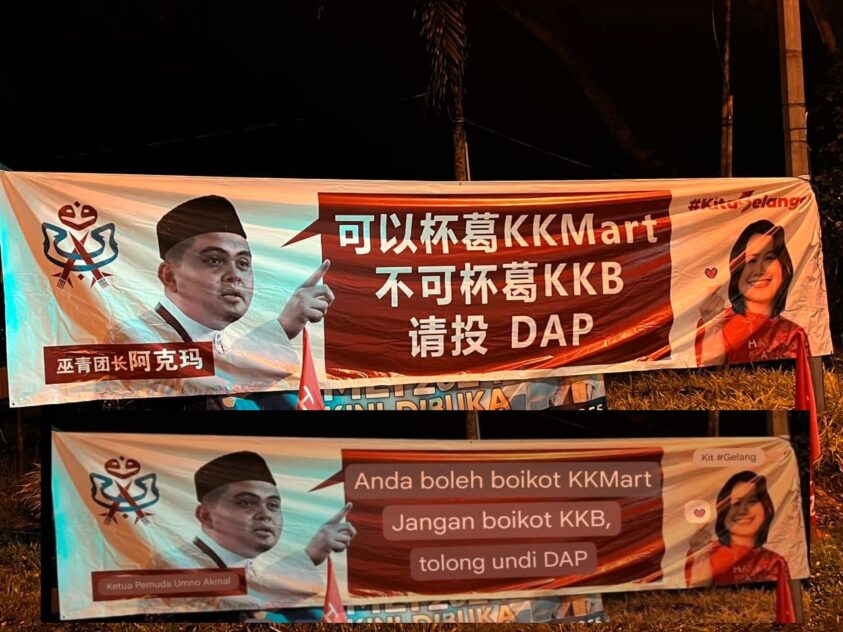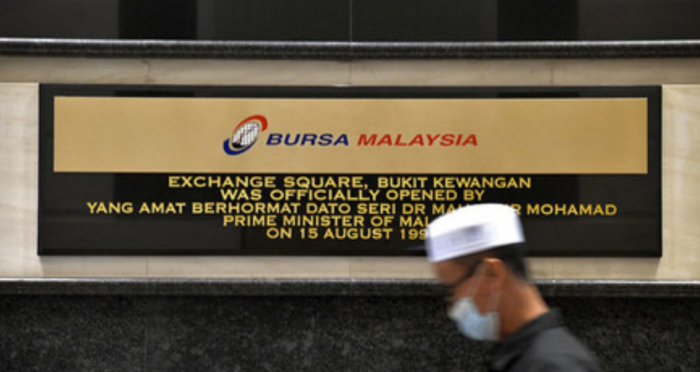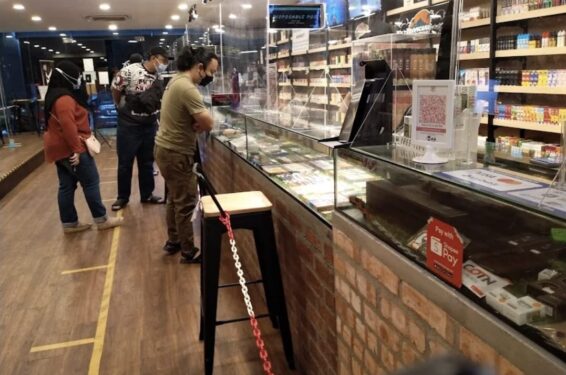By Xavier Kong
AS Malaysia digests the much-expected news that the Movement Control Order (MCO) will be extended to Phase 4, which places the end date at May 12, the general sentiment, judging from the comments on Facebook during the daily updates of Datuk Dr Noor Hisham Abdullah, Health director-general, appears to be for the MCO to extend past Hari Raya.
It is not as though there have not been heavy hints that the MCO will not be lifted yet. Recall that, while Dr Noor Hisham had stated the six criteria for lifting the MCO as per World Health Organisation (WHO) guidelines, he had also mentioned that these remain the bare bones of an exit strategy towards lifting the MCO, and that there remain a lot of details to consider.
The six criteria are border control, movement control, readiness of the healthcare system, protection of high-risk groups, readiness of Malaysians to adapt to the new normal, and deployment of preventative measures in the community.
Dr Noor Hisham had also mentioned that Malaysia already meets the first three criteria, sharing the efforts in border control, which involves stopping illegal immigrants and quarantining returning Malaysians, both of which could be possible transmission vectors. Movement control has seen a high rate of adherence among Malaysians, with an average of over 90%, according to the reports from senior minister Datuk Seri Ismail Sabri Yaakob.
Third is that Malaysia’s healthcare system is able to cope with a further wave of the Covid-19 outbreak, with less than 2,000 active transmission cases, a rate of recovery of over 60%, and lower numbers needing intensive care and ventilator support each day. There are also upcoming laboratories that will aid in testing, which should bring the testing capability of Malaysia to the announced 16,500 samples tested per day, while being able to have the results within 24 hours.
However, Dr Noor Hisham also shared that the remaining three criteria have not been met by Malaysia, and will require further action and cooperation between the people and the government, covering both the public and private sectors.
Speaking to FocusM, the Academy of Medicine of Malaysia believes that Malaysia is on the right track, but concurs with Dr Noor Hisham that the numbers need to continue going down to avoid the healthcare system from being overwhelmed.
“According to WHO, extensive testing and contact tracing are required to ensure that all cases, including those which may not be showing symptoms, are detected, tested and treated accordingly. This competency would be a strong indicator for the preparedness of our healthcare system post-MCO,” said Prof Rosmawati Mohamed, Master at the Academy of Medicine.
“Besides that, there needs to be more community engagement to prepare Malaysians for the new normal. In order to ease the MCO restrictions in residential areas, communities must be empowered to keep one another accountable for maintaining physical distancing. These measures will help Malaysians to adapt to the new normal in due time,” she adds.
As it stands, the constant reminder for hygiene, for Malaysians to wash their hands, and to practise safe social distancing is itself a show of just how much Malaysians have to be reminded to follow the new normal, and that there can be no “letting down our guard” until the virus is well and truly defeated.
Dr Noor Hisham has also spoken of protecting green zones and making sure they stay green, while localising MCOs, which are now termed Enhanced MCOs, in areas that have shown to be the start of a cluster.
Prof Rosmawati feels that this is the right move, but adds that it would also help for these EMCO zones to be given criteria for transitioning into a low-risk zone. She also noted that green zones can actually see certain MCO restrictions lifted, such as easing on outdoor activities in low volume private residential areas, on the condition that community empowerment measures are in place.
As it is, it certainly looks as if the government is preparing Malaysians for an MCO that will extend past Hari Raya, considering the constant reminders and statements from the government that travelling during Ramadan is not advised, with the example of the Pengerang cluster, which saw the index case – visiting family members in Selangor before heading back to Johor – being used as a cautionary tale against travelling during the MCO, as well as travelling during Ramadan.
On how the aim has shifted from double digit cases to zero new cases, Prof Rosmawati noted that there are only two ways for the new cases to hit zero.
“The first way is through herd immunity, which involves widespread non-transmission of the virus, and second is through extensive vaccination. As neither of these methods is feasible at the moment, we should continue enforcing a ban on mass gatherings and some movement restrictions to minimise the transmission rates in the country,” said the professor.
She adds that this should include a ban on non-essential interstate travel and mass gatherings until well after Hari Raya, taking into consideration other celebrations such as the Harvest Festival and Gawai in late May and early June, respectively.
With these celebrations around the corner, Prof Rosmawati advised Malaysians to be prepared to take on new norms of behaviour with continued social distancing in place for all sectors, which includes holding terawih and Eid prayers at home, and connecting with extended family members by phone, video call or online, instead of in person.
She also concurs with Dr Noor Hisham in that the government and all levels of Malaysian society “must work together to ensure that these measures are observed, and our healthcare system is not overwhelmed.” – April 27, 2020










